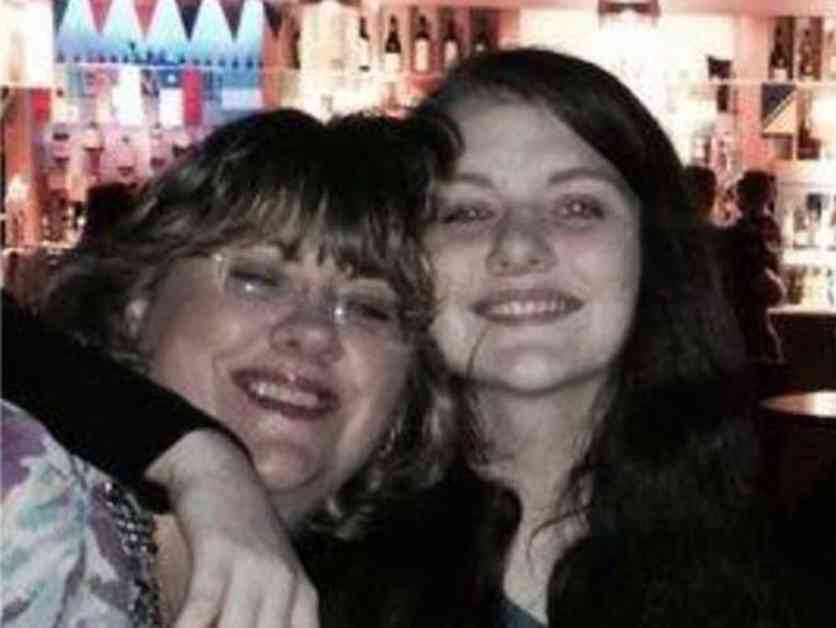Preventing Non-Contact Sexual Offences: A Mother’s Plea
The tragic murder of Hull University student Libby Squire sent shockwaves through the community and the nation as a whole. The brutal killing of the 21-year-old by predator Pawel Relowicz highlighted the devastating consequences of unchecked sexual offending. Now, Libby’s mother, Lisa Squire, is speaking out, urging women and girls to report crimes such as flashing and voyeurism to prevent further tragedies.
As Lisa Squire reflects on her daughter’s senseless death, she emphasizes that it was “totally preventable.” Pawel Relowicz, the man responsible for Libby’s murder, had a disturbing history of escalating sexual offences, including peering through windows and breaking into homes to steal intimate items. Despite his pattern of predatory behavior, he continued to roam the streets unchecked, ultimately leading to the untimely death of an innocent young woman.
The Importance of Reporting Non-Contact Sexual Offences
Lisa Squire’s advocacy for reporting non-contact sexual offences is rooted in the belief that early intervention can help authorities identify and apprehend potential predators before they escalate to more serious crimes. Data from the Office for National Statistics reveals that a significant number of exposure and voyeurism offences go unreported each year, indicating a troubling trend of underreporting in cases of non-contact sexual misconduct.
According to a report from the All-Party Parliamentary Group for UN Women, a staggering 95% of incidents of sexual harassment in public places go unreported. This lack of reporting not only perpetuates a culture of silence but also hinders law enforcement’s ability to track and apprehend offenders. By encouraging victims and witnesses to come forward, Lisa Squire hopes to empower individuals to take a stand against non-contact sexual offences and hold perpetrators accountable for their actions.
Lessons from Past Tragedies
The tragic cases of Sarah Everard and Zara Aleena serve as stark reminders of the devastating consequences of inadequate responses to non-contact sexual offences. In both instances, the perpetrators had a history of engaging in flashing incidents before committing heinous acts of violence. Had these early warning signs been taken more seriously and investigated promptly, these senseless tragedies might have been prevented.
Lisa Squire’s plea for increased government funding to support law enforcement in investigating non-contact sexual offences is a crucial step towards ensuring the safety and security of women and girls across the country. By providing resources for thorough investigations and interventions for offenders, authorities can work proactively to address the root causes of sexual misconduct and prevent future tragedies from occurring.
In the wake of Libby Squire’s tragic death, Assistant Chief Constable Katy Barrow-Grint emphasizes the importance of reporting non-contact sexual offences. Through the ‘It Does Matter’ campaign, law enforcement aims to encourage victims to come forward and provide crucial information that can help identify patterns of offending and apprehend perpetrators before they escalate to more serious crimes.
As we reflect on the devastating loss of Libby Squire and other victims of non-contact sexual offences, it is essential that we heed Lisa Squire’s call to action. By reporting incidents of flashing, voyeurism, and other forms of non-contact sexual misconduct, we can help prevent future tragedies and hold offenders accountable for their actions. Together, we can create a safer and more inclusive society for all.























